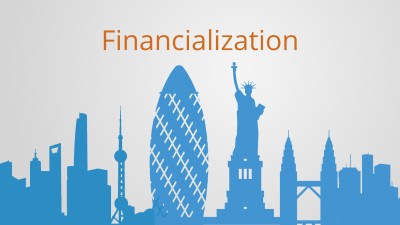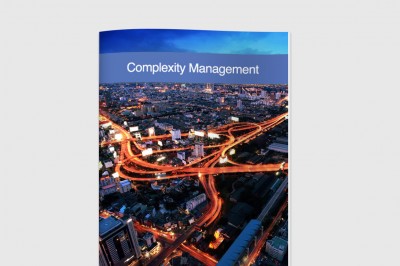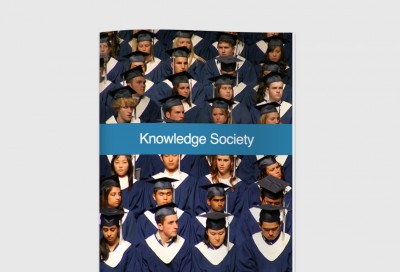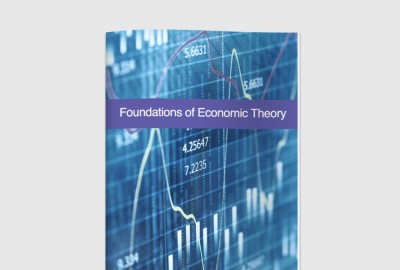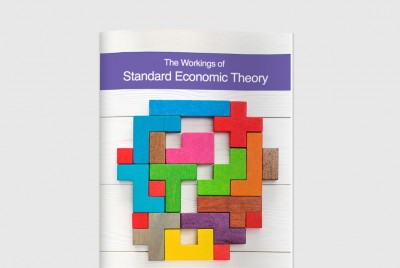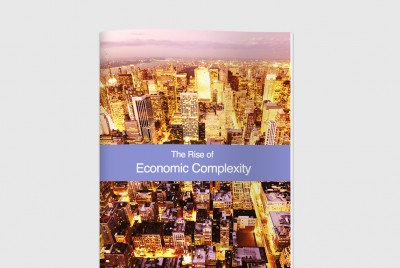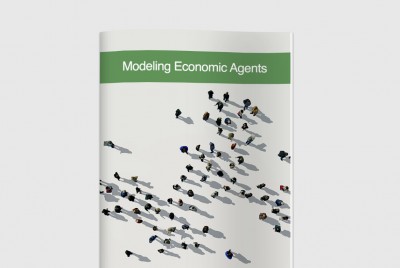Understanding the Economy as a Complex System
What is an economy? It is a surprisingly simple question that would leave many – even economists – a bit caught for words. Today we talk about economies in quite technical terms, with reference to supply and demand curves, trade deficit, interest rates, consumer spending etc. but behind all these models is a set of assumptions that often goes unnoticed. It is a set of assumptions that we inherit from the industrial age, one that has its origins in modern physics. A paradigm that economies – no matter how complicated they may become, or how complicated our models become – are ultimately simple systems, that is to say, they work like simple machines and our modern economic institutions reflect the idea that we can manage them as such. But this set of assumptions and the view of economies that it results in is increasingly being stretched to its limits as the world becomes ever more complex, interconnected and dynamic.
This paper is designed to help readers better understand the global economy as a complex system. We talk about the difference between simple and complex systems, look at some of the common characteristics of complexity, we talk about how through a number of major processes of change our economies are rapidly evolving to exhibit these new characteristics and finally what this means for organizations.


